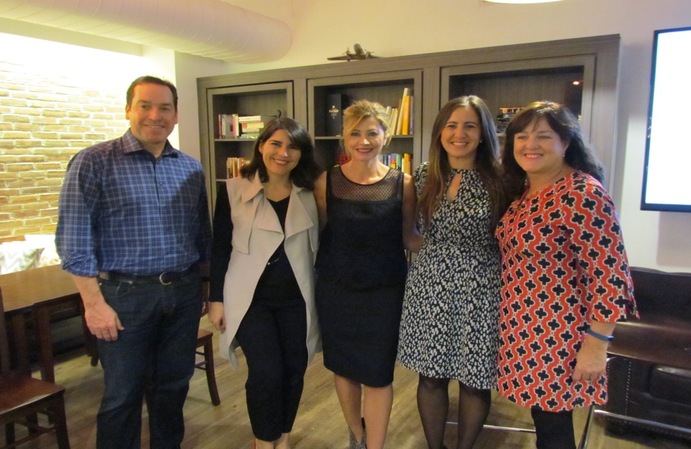Goodbye, July. We’ll leave you with a look back at the good reads of the week.
An Open Letter To WeWork (TechCrunch)
Eileen Carey of Glassbreakers with an example of how far we still need to go to stop sidelining working mom talent: “We were shocked to discover that though there are kegs to pump WeWork beer at every kitchen, there isn’t a designated lactation room on any of the seven floors for members to pump breast milk.” We work out of @wework too, and hope to see this change for the better soon.
Millennial Men Aren’t the Dads They Thought They’d Be (NYT)
Millennial men who aspire to be hand-on dads find that reality is much more traditional. As one sociologist in the piece puts it: “But it’s pretty clear that we don’t have the kinds of policies and flexible work options that really facilitate egalitarian relationships.” Think: paid paternity leave.
Exclusive: Pinterest launches innovative diversity project (USA Today)
Pinterest is implementing a diversity lab with public goals and timelines, and plans to share the data of what is working or not working to bring more women and minorities into its ranks.
Facebook says it wants to diversify internally and help others by “sharing the training it provides to its employees to the outside world to help others manage unconscious bias.”
To Hold Women Back, Keep Treating Them Like Men (HBR)
Another great read on an approach to keep women from leaving the workforce is to stop treating them like men: “We are creating a paradoxical situation: An educational system that produces a majority of female graduates (the majority of BAs, MAs and PhDs in the U.S. are now women), and feeds them into an economic system that has not yet adapted and keeps recognizing and promoting male styles as superior.”
Salesforce Makes Strides Toward Gender Equality in Silicon Valley (NYT)
Two women pointed out to Salesforce CEO Mark Benioff that they had a hunch women in the same roles as men weren’t being paid the same. He didn’t believe it but asked for the research and discovered they were right. Hence the birth of the “Women’s Surge” in 2013″ — the “goal was to achieve 100 percent equality for men and women in pay and promotion, and to make sure that at least a third of all participants at any meeting were women.” Here’s an update on the surge.
LIKE THIS POST? Get the best of Maybrooks delivered to your inbox weekly.
Oops! We could not locate your form.
——————–




